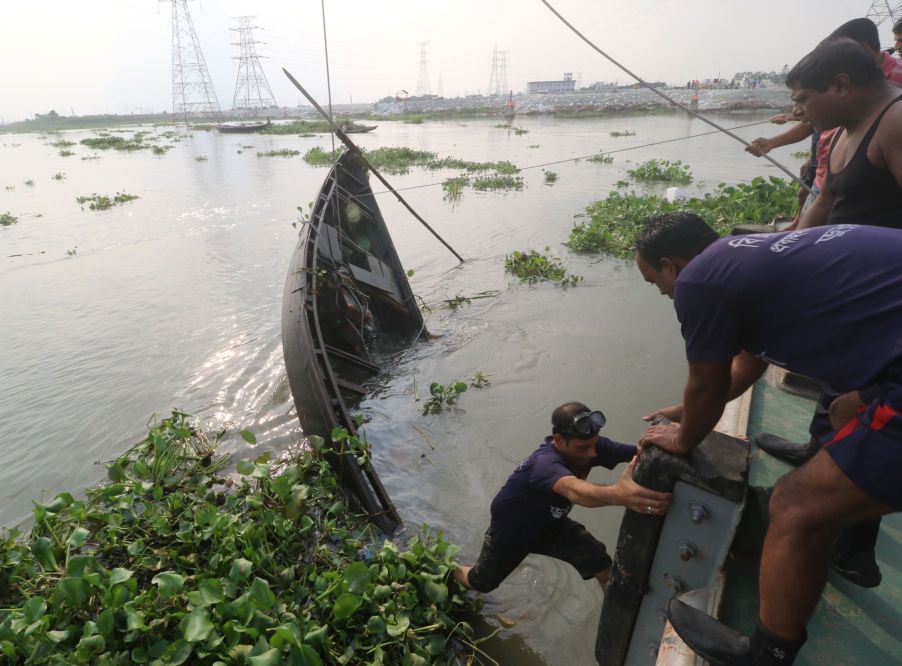
How to Prevent Your Boat from Capsizing
So, you’ve bought a new boat. Everything seems fine, and you are ready to take it out on the water. But how do you prevent capsizing once you’re on the open sea? The Utah State Park agency recently published a safety guide for boat owners to follow, and boaters, new and old, are wise to listen to what the experts have to say, especially to prevent their boat from capsizing.
How to keep your boat afloat

Keeping a boat afloat may seem like common sense, but the Utah State Park Service notes how one mishap or oversight can make it capsize at a moment’s notice. As such, it’s crucial to keep aware of your surroundings as you steer it and make sure you know what’s onboard, where it is, and how it can affect your journey. One of the first ways you can do this is by making sure your boat is not overloaded.
Every boat has a carrying capacity, and getting rid of unneeded cargo is one of the safest bets. However, it’s not just about keeping under the boat’s carrying capacity – weight distribution is another important factor. A heavy boat can capsize, but so can a light one if too much weight is concentrated on one side. Keep your cargo spread throughout and ensure that the passengers aren’t weighing the boat down on one side.
Know your boat to prevent capsizing
When it comes to steering your boat, it’s essential to approach sharp turns at controlled speeds. Turning too fast can make the boat tip over, but turning too slow in certain conditions can also be unsafe. It’s vital to practice guiding the boat and remember that, just like cars, understanding the basics of boating is as much about safety as it is understanding.
Another common mistake that boaters make is where they put their anchor. The bow or front of the boat is lighter than the stern. As such, setting the anchor at the front keeps the ship from tipping backward. Therefore, you should never place your anchor at the stern of the boat and risk tipping all the weight toward the back end.
The last piece of advice that the Utah State Park Service has is the most commonsensical. Make sure that you’re boating in good weather. Light winds and rain will affect how your boat works in the water, and it’s essential to know the risks of going out in extreme weather conditions. However, while all the safety precautions in the world may save you, it’s not enough to know how to prevent them. It’s important to understand how to remain safe if your boat capsizes, too.
What should you do if the boat starts to sink?
All the safety precautions in the world can’t guarantee your boat will stay afloat. This is why everyone must wear appropriate safety gear at all times. That, alone, can save lives in most worst-case scenarios. However, other problems can arise that aren’t as easy to prepare for. If a boat springs a leak, it’s important to move everyone away from it and try to get that leak above water so you can plug it with whatever’s handy.
Make sure that your VHF radio is tuned to the correct stations so you can send a mayday report when more help is needed. If the boat is sinking and nothing can be done, take charge and keep your passengers calm. If possible, keep an emergency supply of food and water handy if you cannot get back to your starting destination.
Boating is fun, but it is also challenging. You must prepare for the worst, even when it’s unexpected. However, thanks to tips such as these, we can know what to expect long before and prepare ourselves to respond appropriately.


